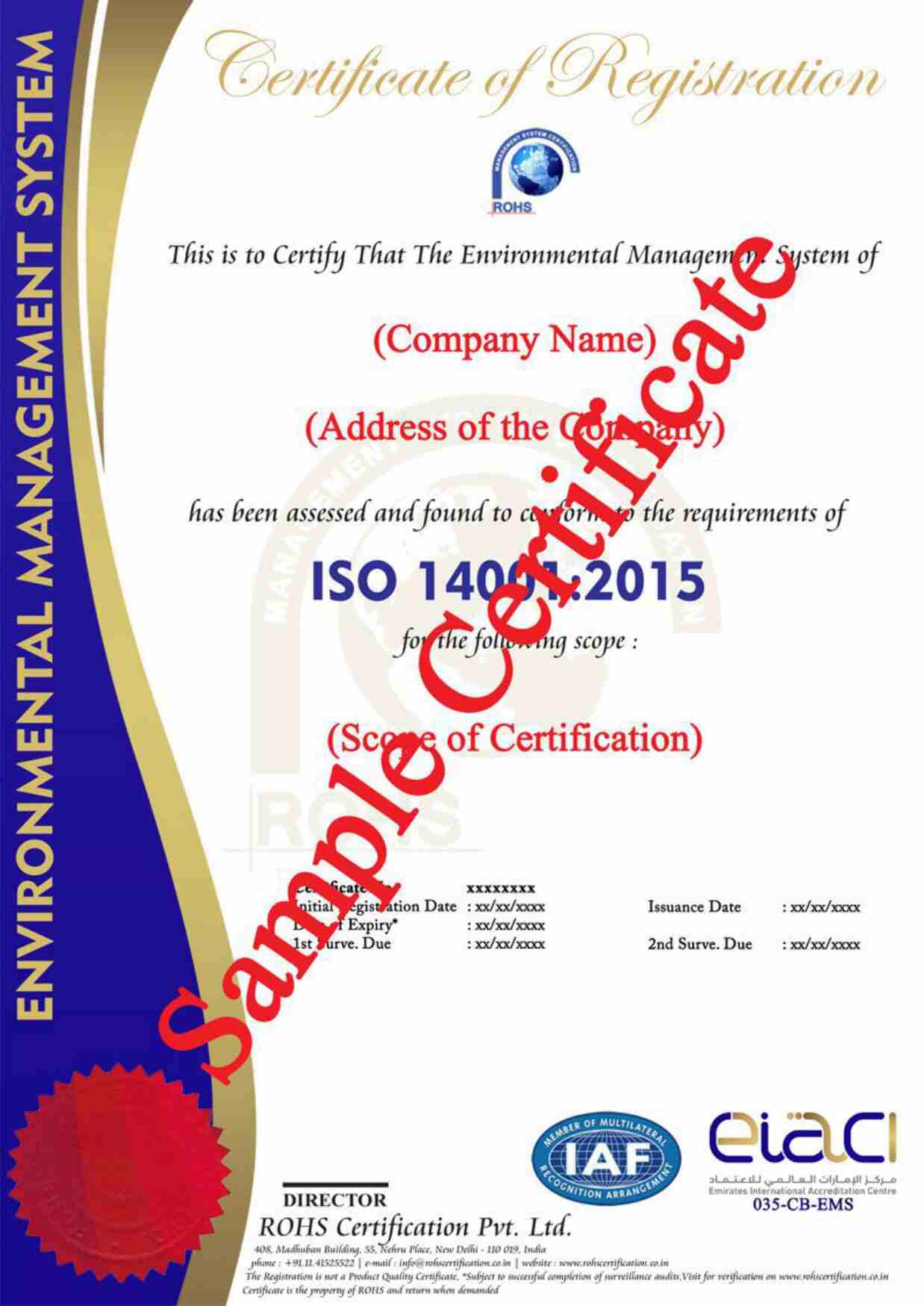RoHS Certification verifies that electrical and electronic products comply with the Restriction of Hazardous Substances (RoHS full form) Directive, limiting toxic materials like lead, mercury, and cadmium. It ensures products are environmentally safe and meet global safety standards.
The European Union introduced the RoHS Directive in 2003. Its goal was to limit the use of harmful substances, reduce environmental pollution, and encourage safer, greener technology. With the rapid rise in e-waste, toxic materials like lead, mercury, and cadmium were leaching into soil and water, posing serious risks to ecosystems and human health.
In 2011, the RoHS Directive was amended (RoHS 2 - Directive 2011/65/EU) to expand the list of restricted substances, improve enforcement, and include more product categories.
India first enforced RoHS under its E-Waste (Management) Rules, 2013, aiming to curb similar environmental harm caused by hazardous substances in electronics.
The directive also aimed to promote recycling and the sustainable disposal of electronic waste, making electronics more eco-friendly throughout their lifecycle.
Other Relevant Standards
While RoHS Certification focuses on restricting hazardous substances in electrical and electronic products, other standards also play a vital role in ensuring product safety and quality:
- ISO 9001 Certification: Unlike RoHS, which emphasizes environmental safety, ISO 9001 is a quality management standard. It ensures that organizations follow structured processes to consistently deliver high-quality products and services.
- RoHS vs. ISO 9001: RoHS deals with what materials can or cannot be used in electronics, while ISO 9001 deals with how organizations manage processes to maintain quality and customer satisfaction.
Together, both certifications complement each other; RoHS ensures environmental compliance, and ISO 9001 ensures overall quality management.
India’s E-Waste (Management) Rules, 2022
The updated E-Waste (Management) Rules, 2022 came into effect on April 1, 2023. These rules aim to manage the growing problem of electronic waste in India by encouraging recycling and limiting the use of dangerous substances. One of the key features of the rules is the requirement for RoHS compliance for certain electronic and electrical items.











